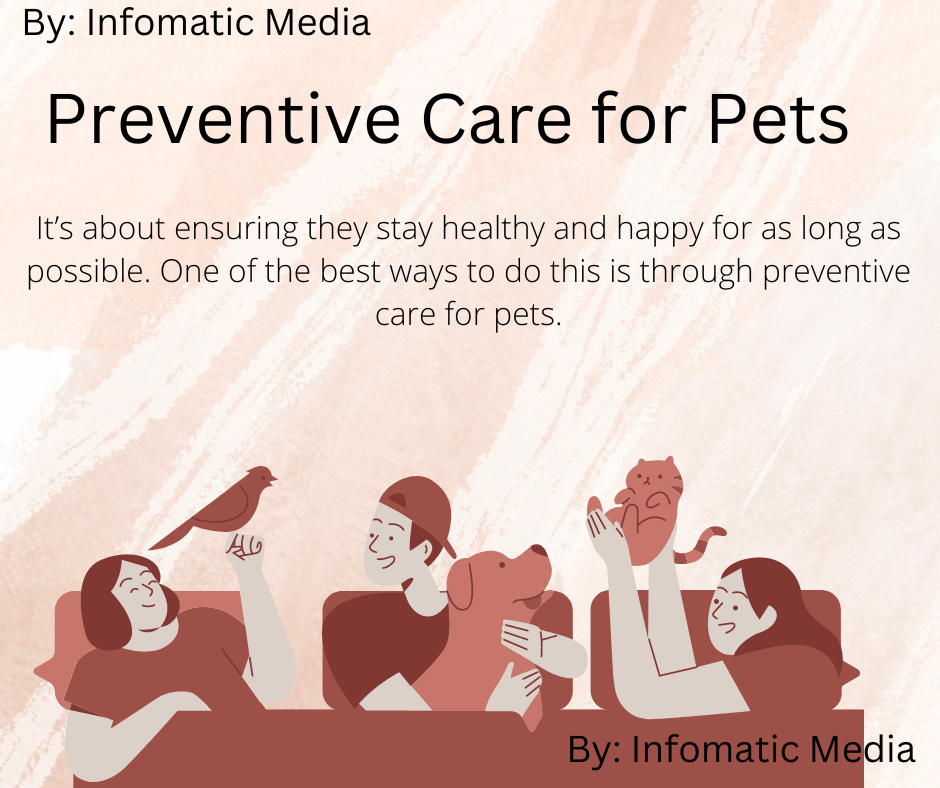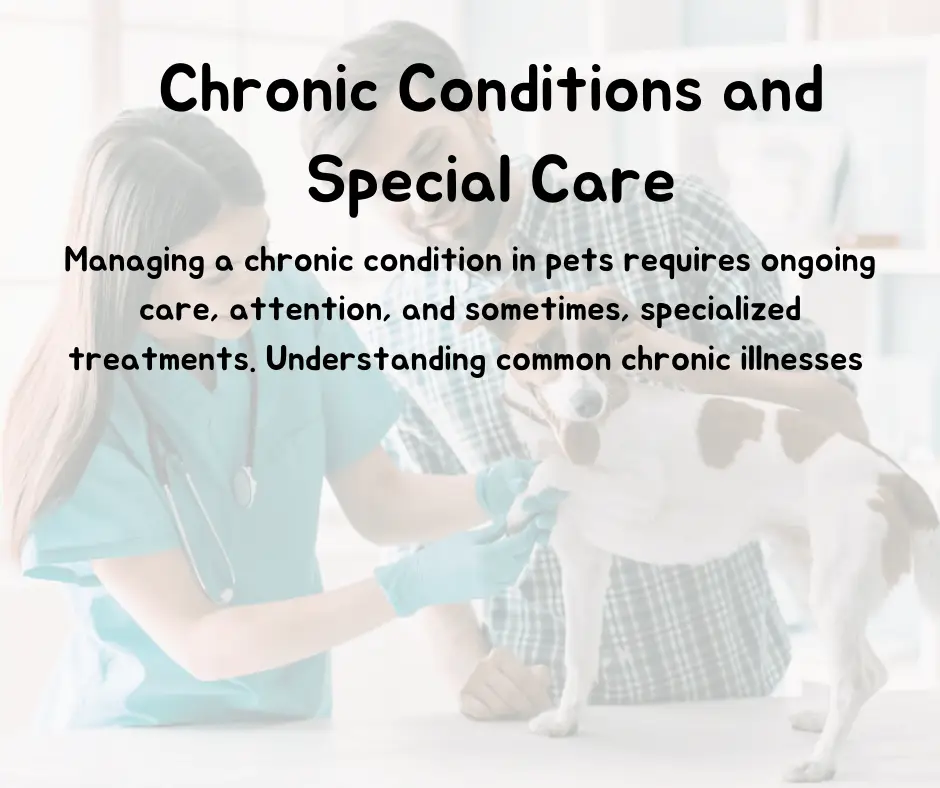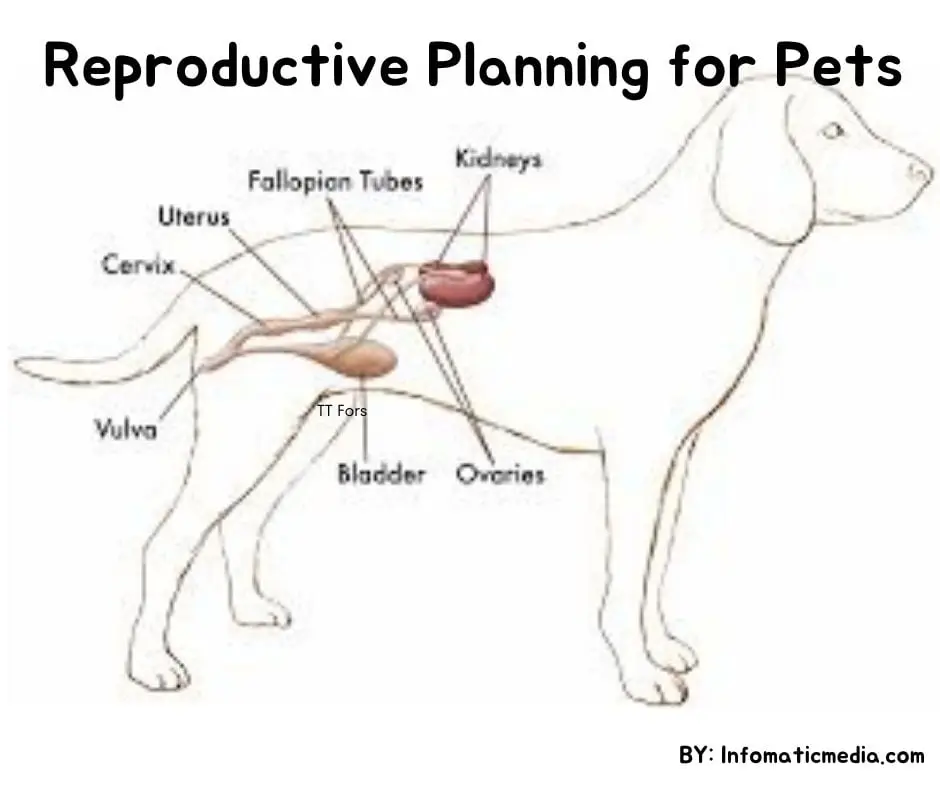Preventive Care for Pets: A Simple Guide
Taking care of your pet goes beyond just feeding them and giving them a place to sleep. It’s about ensuring they stay healthy and happy for as long as possible. One of the best ways to do this is through preventive care for pets. Preventive care involves taking steps to prevent health problems before they happen. This approach can help your pet avoid pain, stay healthy, and live a longer life. Here’s a simple guide to understanding preventive care for pets.
1. Regular Vet Visits
Regular veterinary checkups are crucial to the well-being of your pet. Just like people need check-ups, pets need them too. This is a core aspect of vet preventive care for pets.
- Yearly Check-Ups: At least once a year, take your pet to the vet for a full check-up. The vet will check your pet’s weight, listen to their heart and lungs, and examine their eyes, ears, and teeth. This aids in identifying issues before they worsen.
- Older Pets: If your pet is getting older, you might need to visit the vet more often. Older pets are more likely to develop health problems, so regular check-ups are even more important. For older pets, the Banfield preventive care plan can be a good option, offering comprehensive wellness services.
2. Vaccinations
Pet immunizations protect your pet from dangerous diseases. Different vaccines are recommended based on your pet’s species, age, and lifestyle.
- Core Vaccines: These are the vaccines that every pet should get. For dogs, this includes vaccines for rabies, distemper, and parvovirus. For cats, it includes vaccines for rabies, feline distemper, and calicivirus.
- Non-Core Vaccines: Depending on where you live and your pet’s lifestyle, the vet might recommend additional vaccines. For example, if you live in an area with a lot of ticks, your dog might need a vaccine for Lyme disease. This falls under preventive care for dogs.
3. Parasite Prevention
Parasites like fleas, ticks, and worms can make your pet very sick. Preventative vet care includes measures to protect your pet from these pests.
- Flea and Tick Prevention: Fleas and ticks can carry diseases that can make your pet very sick. Use flea and parasite control for dogs regularly, especially if your pet spends a lot of time outside. This is an important part of preventative for dogs.
- Heartworm Prevention: Heartworms are parasites that live in your pet’s heart and lungs. They are spread by mosquitoes. Giving your pet a monthly heartworm preventive can keep them safe.
- Worm Prevention: Worms like roundworms and tapeworms can live in your pet’s intestines and make them sick. Regular deworming is key to worm prevention. Finding the best worm prevention for dogs is crucial to keeping them healthy.
4. Proper Nutrition
Your pet’s general health is greatly influenced by what they consume. Preventive medicine for dogs often includes dietary advice to ensure they are getting the nutrients they need.
- Balanced Diet: Feed your pet a balanced diet that is appropriate for their age, size, and health condition. Puppies and kittens need different food than adult pets, and senior pets may need special food too. To select the ideal diet for your pet, consult your veterinarian.
- Weight Management: Keeping your pet at a healthy weight is important. Being overweight can lead to health problems like diabetes, joint pain, and heart disease. Make sure your pet gets the right amount of food and enough exercise to stay fit.
5. Dental Care for Pets
It’s equally crucial to take care of your pet’s teeth as it is of your own.
- Regular Teeth Brushing: Brushing your pet’s teeth regularly can help prevent dental disease, which is common in pets. Use a toothbrush and toothpaste made for pets, and try to brush their teeth a few times a week.
- Dental Check-Ups: Your vet will check your pet’s teeth during their regular visits. Sometimes, your pet might need professional dental cleaning to remove plaque and tartar that can cause tooth decay and gum disease.
6. Exercise and Mental Stimulation Care for Pets
Just like people, pets need exercise and mental stimulation to stay healthy.
- Regular Exercise: Make sure your pet gets enough exercise every day. Dogs need walks, playtime, and sometimes even runs to stay healthy. Cats also need exercise, which can be done through play and climbing activities. Regular exercise helps keep your pet’s weight in check and reduces the risk of obesity-related conditions.
- Mental Stimulation: Pets also need mental stimulation to stay happy and healthy. Provide toys, puzzles, and games that challenge your pet’s mind. Boredom can lead to behavioral problems, so keeping your pet mentally engaged is important.
7. Spaying and Neutering Care for Pets
An essential component of responsible pet ownership is spaying and neutering.
- Population Control: Spaying (for females) and neutering (for males) help prevent unwanted litters of puppies and kittens. As a result, fewer animals are left homeless.
- Health Benefits: Spaying and neutering can also have health benefits for your pet. It can reduce the risk of certain types of cancer and can prevent some behavioral problems, like marking territory or roaming.
8. Early Detection of Diseases
Catching health problems early can make a big difference in how they are treated. This is a key component of preventative vet care.
- Blood Tests and Screenings: During regular vet visits, your vet might recommend blood tests and other screenings, especially as your pet gets older. These tests can help detect diseases like diabetes, kidney disease, and cancer at an early stage when they are easier to treat.
- Behavioral Shifts: Keep an eye out for any behavioral shifts in your pet. If your pet starts acting differently—like being more tired than usual, not eating, or drinking a lot more water—it could be a sign of a health problem. If you notice any changes, take your pet to the vet right away.
9. Grooming and Skin Care for Pets
Keeping your pet clean and well-groomed is another important part of preventive care for pets.
- Regular Grooming: Brush your pet’s fur regularly to remove dead hair and prevent matting. How often you need to groom your pet depends on their breed and coat type. Some pets need daily brushing, while others only need it once a week.
- Bathing: How often you should bathe your pet depends on their breed, activity level, and skin condition. Regular baths help keep your pet’s skin and coat healthy, but too much bathing can dry out their skin.
- Skin Checks: Regularly check your pet’s skin for lumps, bumps, or signs of irritation. If you find anything unusual, take your pet to the vet. Skin problems can be a sign of allergies, infections, or other health issues.
10. Safety Measures
Keeping your pet safe is an important part of preventive care for dogs.
- Microchipping: Microchipping is a simple procedure where a small chip is implanted under your pet’s skin. If your pet gets lost, the chip can be scanned to find out who they belong to. This increases the chances of being reunited with your pet if they ever get lost.
- Collars and ID Tags: Make sure your pet always wears a collar with an ID tag that has your contact information. This is another way to make sure your pet can be returned to you if they get lost.
- Pet-Proofing Your Home: Just like you would baby-proof your home for a child, it’s important to pet-proof your home. Make sure there are no small objects lying around that your pet could swallow, and keep harmful substances like cleaning products and medications out of reach.
Best Wellness Plans for Dogs
To make sure your dog receives the best preventive care, consider enrolling in the best wellness plan for dogs. These plans typically include regular check-ups, vaccinations, parasite prevention, and dental care. The Banfield preventive care plan is one such option that offers comprehensive wellness services for dogs, including flea and parasite control for dogs.
Best Puppy Wellness Plan
For young dogs, the best puppy wellness plan is essential. Puppies have specific needs, including frequent vaccinations, worm prevention, and nutritional guidance. A good wellness plan for puppies will cover all these areas, ensuring your new pet gets the best start in life.
Conclusion
Preventive care for pets is all about taking steps to keep your pet healthy and catching any potential problems early. By following these simple guidelines, you can help your pet live a long, healthy, and happy life. Regular vet visits, proper nutrition, vaccinations, parasite prevention, and safety measures are all key parts of preventive care for pets and other pets. Remember, your pet relies on you to keep them safe and healthy, so take preventive care seriously and give your pet the best chance at a long, happy life.






6lraon